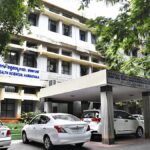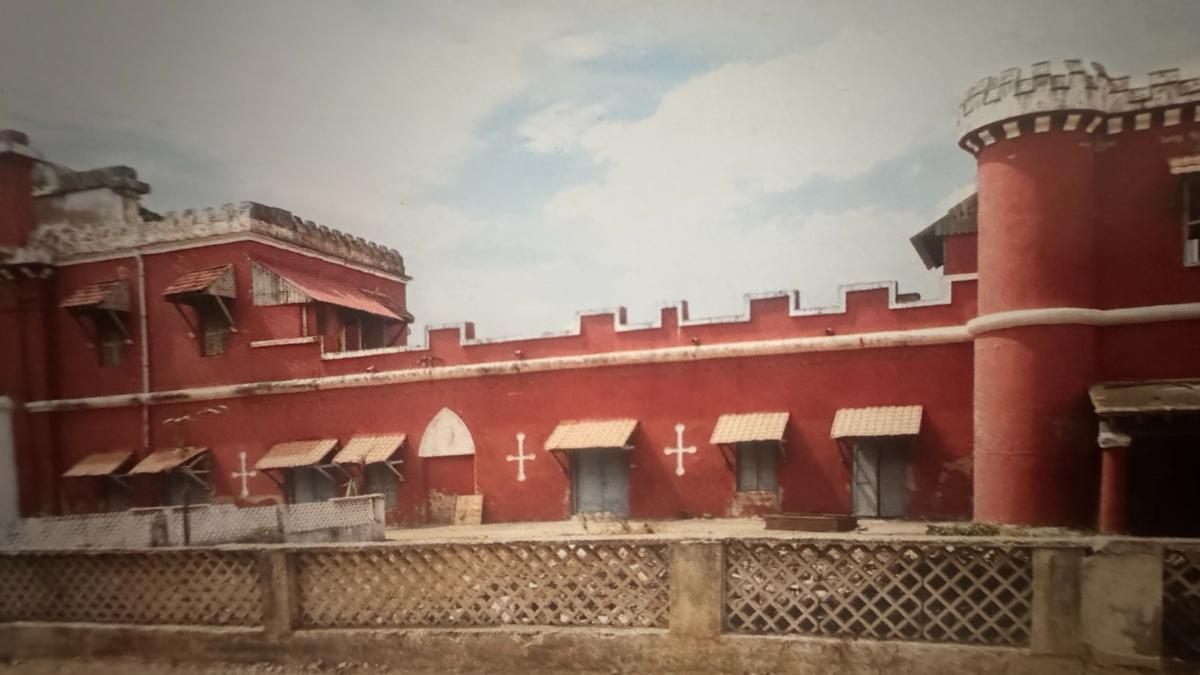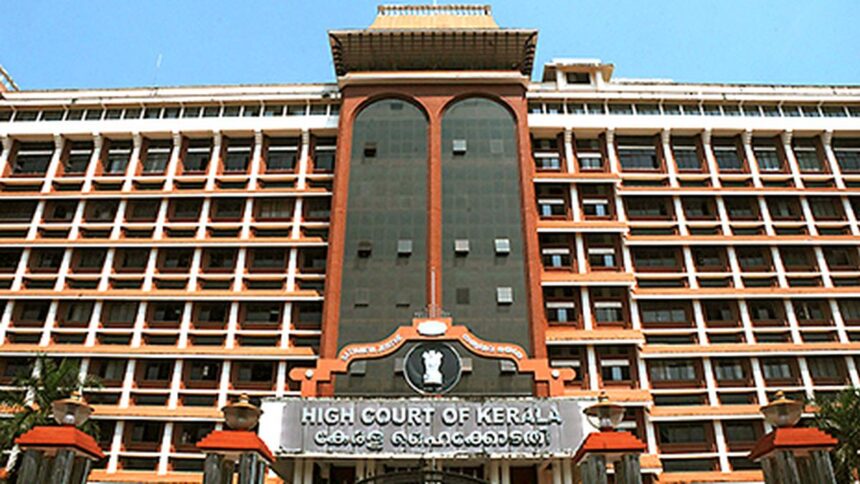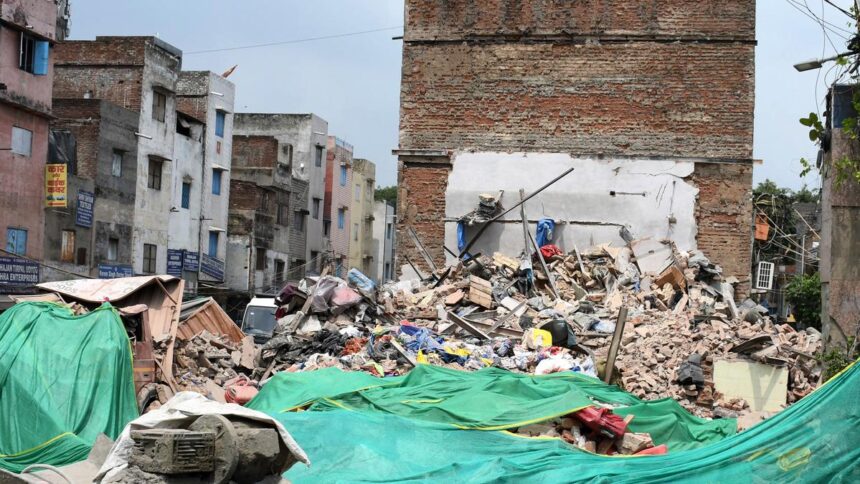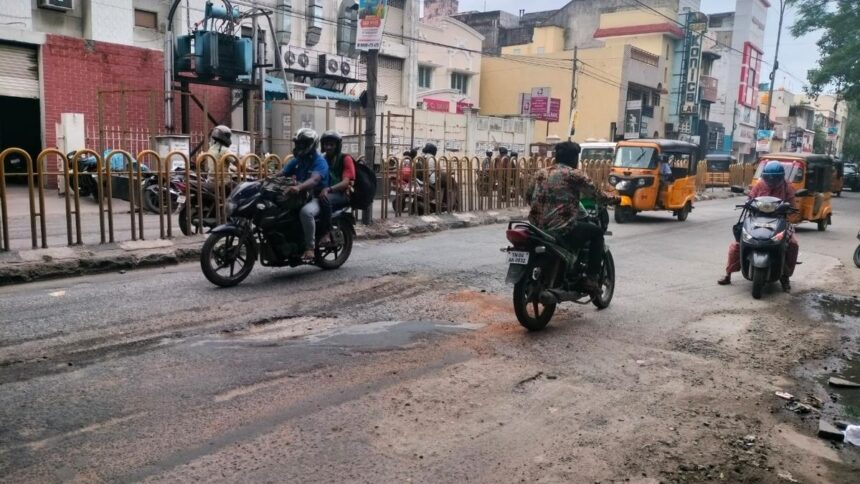
The institution was founded chiefly to teach employees of the East India Company languages of South India – Tamil, Telugu, Kannada, and Malayalam, apart from Persian and Sanskrit
I am glad the story had a happy ending, as far as I and several heritage activists were concerned, though I am sure the actor Jaishankar’s family members may have been disappointed that a lane, and not a main road, would be named after him. But to me, College Road was much larger as a name than any individual and had to be retained. And the blunder of doing away with it could not be by a government that professes to love Tamil.
College Road does not take its name from Women’s Christian College but from the College of Fort St. George, which functioned at what is today the Directorate of Public Instructions premises, between 1812 and 1854. The institution was founded chiefly to teach employees of the East India Company languages of South India – Tamil, Telugu, Kannada, and Malayalam, apart from Persian and Sanskrit. One of its founders was Francis Whyte Ellis (1777-1819) who was a distinguished company servant who served as Collector of Madras. He was also a linguist.

Under Ellis and his colleagues, the college blossomed into something more than a mere teaching facility. It served as a centre where scholarly interest in the southern languages revived. Teaching was by native scholars – munshis, pandits, and pulavars. With the Company’s resources, the college became a place where manuscripts were collected and more importantly, books were printed. It was from here that the first dictionaries of all four southern languages came out, with the word meanings given in English.
Some of the greatest names in Tamil language worked here. What was significant was that long before the modern universities, this was where Tamil and other language scholars worked together, irrespective of their caste and also religion. The institution was known as the Chennai Kalvi Sangam in Tamil and this name finds mention not only in books printed by the college but also in the writings of Dr. U.Ve. Swaminatha Iyer. His guru, Mahavidwan Meenakshisundaram Pillai was closely associated with some of the great names who taught at the college.
That was not all. When A.D. Campbell, a friend and fellow champion of the college, wrote a book on Telugu grammar, Ellis was asked to write the preface. It was here that he first penned his thoughts on how the southern languages possibly came from a non-Sanskritic origin. This is now celebrated as the Dravidian Proof. It forms the basis of many things including Tamil being a classical language, and it is often brandished as a weapon against ‘Hindi imposition’ and as a justification for Dravidian identity. The college may have closed in 1854 but clearly, its legacy lives on.
That such an institution, commemorated by way of road name be wiped out by a decision of Corporation councillors was not acceptable. I took the liberty of appealing against it by tagging the Hon’ble CM of Tamil Nadu and the Worshipful Mayor of Chennai in a social media post. I did not expect it to develop into a campaign of sorts by evening. It shows how much the name was etched in public memory. By the next day, there was a clarification – it was College Lane that would be renamed and not the Road. I heaved a sigh of relief.
There were some who felt that Jaishankar deserved to be commemorated by the road name. To them I say that the college was a far greater entity that two centuries later still has an impact on our lives.
Published – August 06, 2025 06:00 am IST







